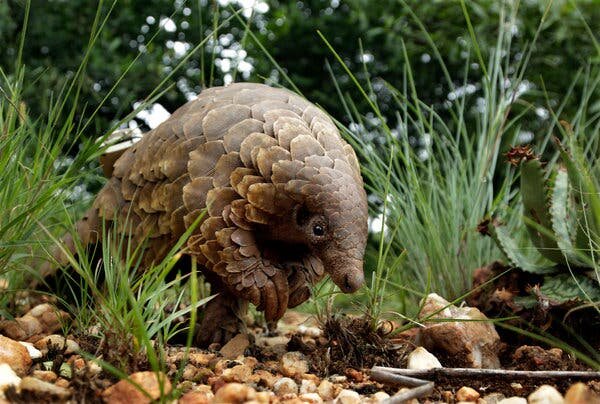Last week China announced a permanent ban on wildlife trade for consumption purposes.
The National People’s Congress agreed on “prohibiting the illegal trade of wild animals, eliminating the bad habits of wildlife consumption and protecting the health and safety of the people” (it does not apply to aquatic wildlife).
This is a step in the right direction as China’s wildlife trade is responsible for the spread of COVID-19 as well as for the slow demise of various endangered species. For example the Asian pangolin has been traded to extinction, and now the heavily trafficked African Pangolin could be the source of the pandemic.
Technically endangered animals are already internationally protected under the CITES treaty. However, high demand in China and weak enforcement have hindered control of the large illegal wildlife trade. Thus the new ban could bring much needed resources and attention to ensure that the trade is quelled once and for all.
Nonetheless, the ban still retains several loopholes. Particularly it does not extend to wildlife trade for traditional medicine, research or fur—this will prove difficult for law enforcement to decipher whether the meat is for consumption or for Chinese medicine.
For now it’s as good as it’s gonna get.

Pangolins- the most trafficked animal in the world

a live Pangolin













